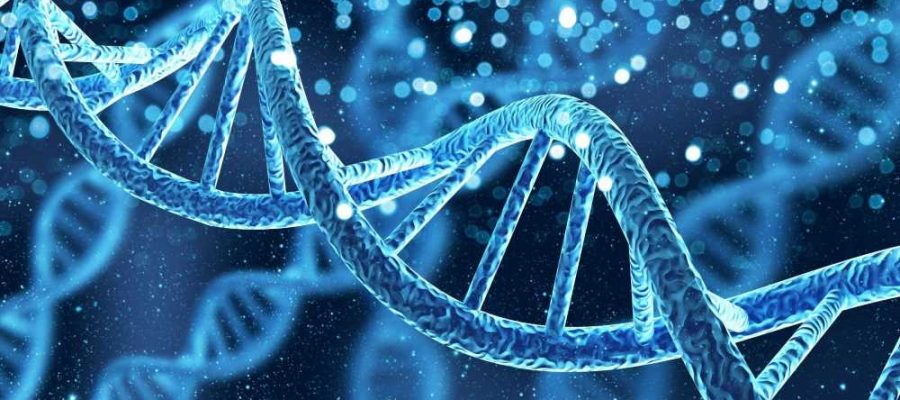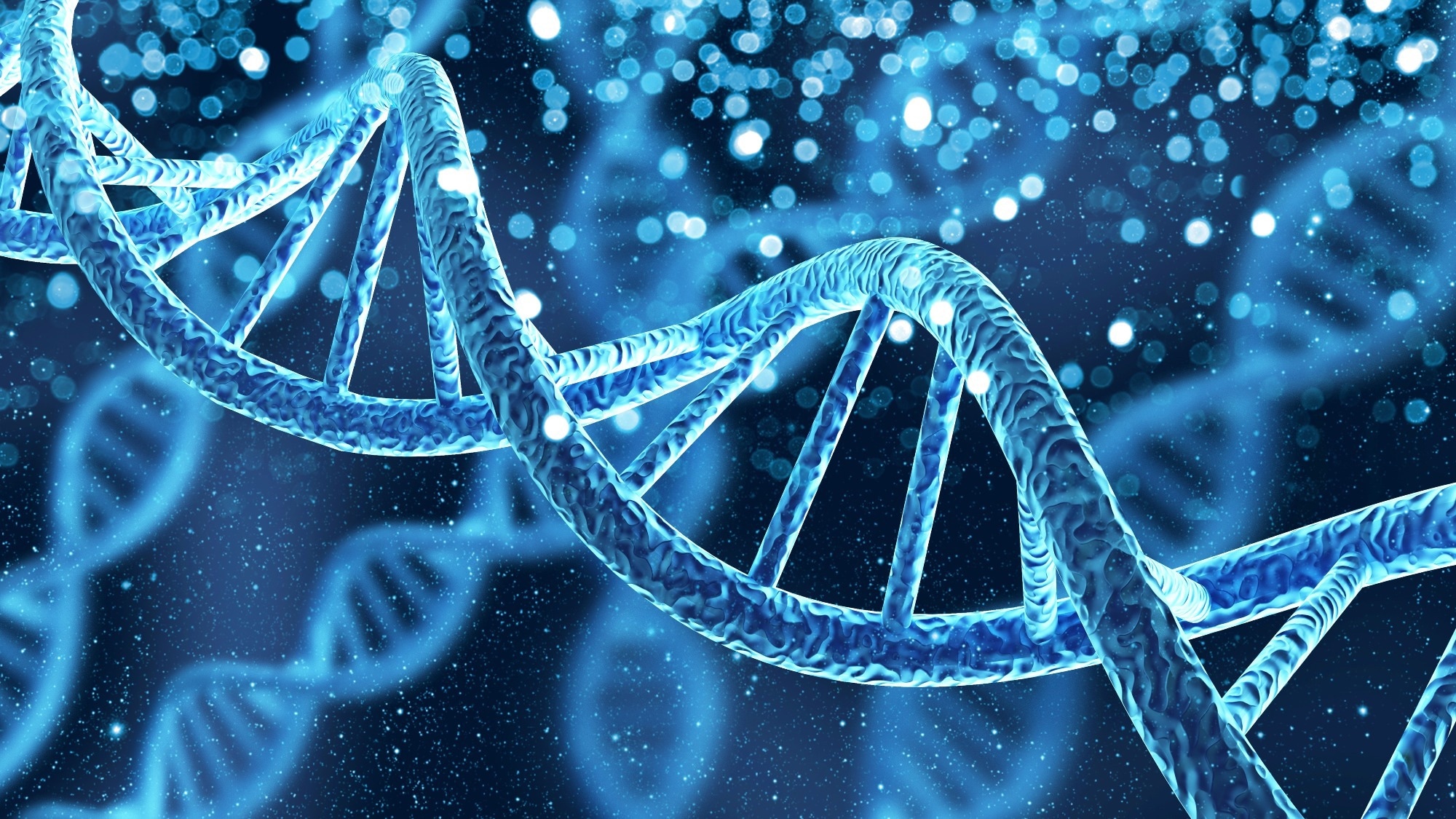
Study uncovers pathogenic variants in the chromatin modifier EZH1 as the cause of neurodevelopmental disorders
A recent study published in Nature Communications identified pathogenic variants in the enhancer of zeste homolog 1 (EZH1) as a cause of neurodevelopmental disorders (NDDs).
 Study: Gain and loss of function variants in EZH1 disrupt neurogenesis and cause dominant and recessive neurodevelopmental disorders. Image Credit: BillionPhotos/Shutterstock.com
Study: Gain and loss of function variants in EZH1 disrupt neurogenesis and cause dominant and recessive neurodevelopmental disorders. Image Credit: BillionPhotos/Shutterstock.com
Background
NDDs are conditions due to impaired central nervous system development. Many genes, mainly affected by de novo mutations, are implicated in cases of NDD.
Chromatin regulators are a set of NDD genes particularly susceptible to pharmacologic intervention, especially those encoding polycomb repressive complex 2 (PRC2) subunits. Despite evidence of the involvement of PRC2 in human diseases and development, the implication of EZH1 remains largely unknown.
The study and findings
In the present study, researchers uncovered and defined EZH1 variants as the underlying cause of NDDs. They included 19 individuals with neurodevelopmental delay and distinct EZH1 variants. Five variants in ten individuals were biallelic truncated variants.
Two siblings of a consanguineous family inherited a homozygous nonsense variant (p.R258X). Four siblings and a relative of another consanguineous family carried a homozygous nonsense variant (p.E485X).
Further, the sequencing of their family members confirmed the segregation of EZH1 variants by recessive inheritance with complete penetrance.
Quantitative polymerase chain reaction (qPCR) and western blotting (WB) in human pluripotent stem cell (hPSC) clones with homozygous p.E485X revealed that the variant results in loss of EZH1 expression. One individual had a homozygous p.Q413X variant.
The only non-consanguineous individual carried a de novo splice variant and an inherited deletion. Reverse-transcription (RT)-PCR analyses revealed about an 80% decline in EZH1 transcripts, and WB confirmed the loss of EZH1 protein, suggesting that biallelic variants lead to loss of function (LOF). Nine individuals carried heterozygous missense variants affecting conserved amino acids.
Magnetic resonance imaging (MRI) of 11 individuals revealed mild or unremarkable findings. Other clinical results varied among patients, irrespective of the mutation type or zygosity.
The researchers selected three missense variants (p.A678G, p.L735F, and p.Q731E) for expression in a human neural stem cell line. EZH1 protein levels were similar in cells with wildtype EZH1 or one of the variants.
However, cells transduced with p.Q731E or p.A678G showed increased methyltransferase activity relative to wildtype EZH1. This implied that some missense mutations in EZH1 generate gain of function (GOF) effects.
Next, the team investigated how the gain or loss of EZH1 would impact neural development. To this end, they examined EZH1 expression across early neural tube development in chick embryos by immunofluorescence.
EZH1 was undetectable in Hamburger-Hamilton stage 12 (HH12) embryos and the ventricular zone (VZ) of HH23 and HH30 embryos. Nonetheless, the expression of EZH1 was marked in the newly-formed mantle zone (MZ) of HH23 neural tubes and the growing MZ of HH30 neural tubes. Further analyses indicated that EZH1 upregulation was crucial for differentiating and migrating neural progenitors to the MZ in the neural tube.
Next, isogenic hPSCs with wildtype EZH1 (EZH1+/+), LOF variant (EZH1-/-), or GOF variant (EZHQ+/A678G) were generated. WB analysis confirmed intact EZH1 in GOF variant cells and loss of EZH1 in LOF variant cells.
Cortical neural progenitors (NPCs) were derived from these hPSCs. EZH1-/- NPCs continued to expand even after the induction of neuronal differentiation, while wildtype and EZH1+/A678G NPCs acquired features of differentiating neurons.
This indicated that EZH1 was necessary for differentiation from NPCs. Furthermore, EZH1+/A678G and EZH1-/- forebrain organoids were produced. VZs of EZH1-/- organoids were thicker than wildtype and GOF variant counterparts, consistent with EZH1-/- NPCs, suggesting longer proliferation and differentiation deficits.
Nevertheless, EZH1-/- and EZH1+/A678G organoids exhibited marked changes relative to EZH1+/+ organoids. In particular, EZH1-/- organoids had fewer early-born neurons, while EZH1+/+ and EZH1+/A678G organoids had comparable early-born neurons. However, EZH1+/A678G organoids had significantly higher late-born neurons than EZH1+/+ organoids.
Conclusions
The findings suggest that dominant and recessive EZH1 variants cause overlapping NDDs. The recessive variants were homozygous nonsense mutations in nine individuals. One individual carried a sporadic biallelic deletion and splice variant.
The loss of EZH1 expression in cells with the biallelic deletion and splice variant or nonsense mutations implied that recessive EZH1 variants cause LOF.
The remaining nine subjects carried heterozygous missense EZH1 variants. While the results point to the GOF effects of two missense variants, further analysis of each variant is warranted. Notably, the findings suggest opposing effects of GOF and LOF variants in neural development.
Specifically, LOF variants produce less-differentiated neurons in chick embryo neural tubes, hPSCs, and forebrain organoids, and GOF variants promote neuronal differentiation.
Gracia-Diaz, C. et al. (2023) "Gain and loss of function variants in EZH1 disrupt neurogenesis and cause dominant and recessive neurodevelopmental disorders", Nature Communications, 14(1). doi: 10.1038/s41467-023-39645-5. https://www.nature.com/articles/s41467-023-39645-5
Posted in: Medical Science News | Medical Research News | Medical Condition News
Tags: Cell, Cell Line, Central Nervous System, Chromatin, Embryo, Genes, Imaging, Magnetic Resonance Imaging, Mutation, Nervous System, Neurons, Organoids, Polymerase, Polymerase Chain Reaction, Proliferation, Protein, Transcription

Written by
Tarun Sai Lomte
Tarun is a writer based in Hyderabad, India. He has a Master’s degree in Biotechnology from the University of Hyderabad and is enthusiastic about scientific research. He enjoys reading research papers and literature reviews and is passionate about writing.